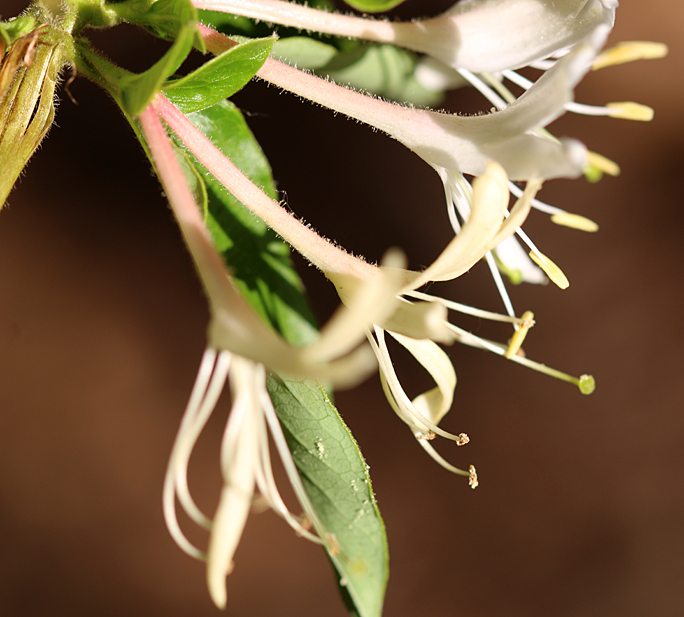Spring has almost arrived in the northern hemisphere, as it arrives on Tuesday, March 20, 2018 at 12:15 in the afternoon Eastern Daylight Time — which also means that with the blooming of flowers and the release of pollen, the arrival of allergy season for many sufferers who will cough, itch, sniffle or sneeze will arrive as well.
Speaking of sneezing, every country and territory in the world has people who sneeze — but have you ever wondered what the response was to a sneeze in different languages around the world?
How The World Responds to a Sneeze
“In ancient times, some cultures believed that sneezing was a demon exiting the body. While we’re a bit more relaxed about it these days, many of the responses remain shrouded in superstition”, according to this article from Expedia.ca. “Some believe it began in the 6th century, when the bubonic plague was tearing through Europe and Pope Gregory the Great instigated ‘God bless you’ as protection against the deadly pandemic. Another theory is that the Ancient Greeks and Romans saw sneezing as a sign of well being, and would offer ‘Jupiter preserve you’ as a well-wishing pleasantry.”
Here is a very interesting infographic which shows the responses to sneezes around the world.

What Causes a Sneeze?
The meaning of a sneeze is defined by Oxford Dictionaries as “a sudden involuntary expulsion of air from the nose and mouth due to irritation of one’s nostrils”; and it can be caused by a variety of reasons.
“Sneezing is a physiologic response to the irritation of the respiratory epithelium lining of the nose”, according to this article written by Pamela Georgeson — who is a member of the American Osteopathic Association and is a board-certified osteopathic physician in pediatrics, as well as in allergy and immunology — for Scientific American. “The process usually begins with the release of chemicals such as histamine or leukotrienes. These substances are manufactured by inflammatory cells such as eosinophils and mast cells typically found within the nasal mucosa. Chemical release is caused by viral respiratory infections, filtered particles, allergens (substances that trigger allergic reactions) or physical irritants such as smoke, pollution, perfumes and cold air. Allergic reactions with the nasal mucosa require the presence of IgE (allergy antibody specific for the allergen). This leads to fluid leakage from vessels in the nose, causing symptoms of congestion and nasal drip. Additionally, nerve endings are stimulated, leading to the sensation of itching.”
Summary
Ess gezunterhait — which looks like the German word gesundheit — means eat in good health in Yiddish; so if someone who speaks Yiddish says that to you even though you did not sneeze, you now know that that person is simply wishing you to enjoy your meal.
Did you know that ačiū is the way to say thank you in Lithuanian — and it is pronounced achoo?
Those facts are nothing to sneeze at…
…and bless you for reading The Gate.
Photograph ©2015 by Brian Cohen.

